UKCBC Unit 17: Understanding and Leading Change Report Analysis
VerifiedAdded on 2023/01/19
|10
|412
|42
Report
AI Summary
This report, prepared for UKCBC Unit 17, delves into the complexities of change management and leadership. It begins by exploring various leadership approaches, including situational leadership (directing, coaching, supporting, delegating), path-goal theory (directive, supportive, achievement-oriented), and participative leadership, examining their effectiveness in navigating organizational changes. The report analyzes the impact of change, using PESTEL and SWOT analyses for real-world organizations to evaluate how internal and external factors affect leadership behavior and team dynamics. It then discusses strategies to minimize the negative impacts of change on organizational behavior, incorporating relevant change theories. Furthermore, the report includes a force field analysis of an organization undergoing major changes, identifying barriers to change and their influence on leadership decision-making. Finally, the report concludes with a focus on how organizations can effectively deliver change, applying models and frameworks to improve change management strategies.
1 out of 10
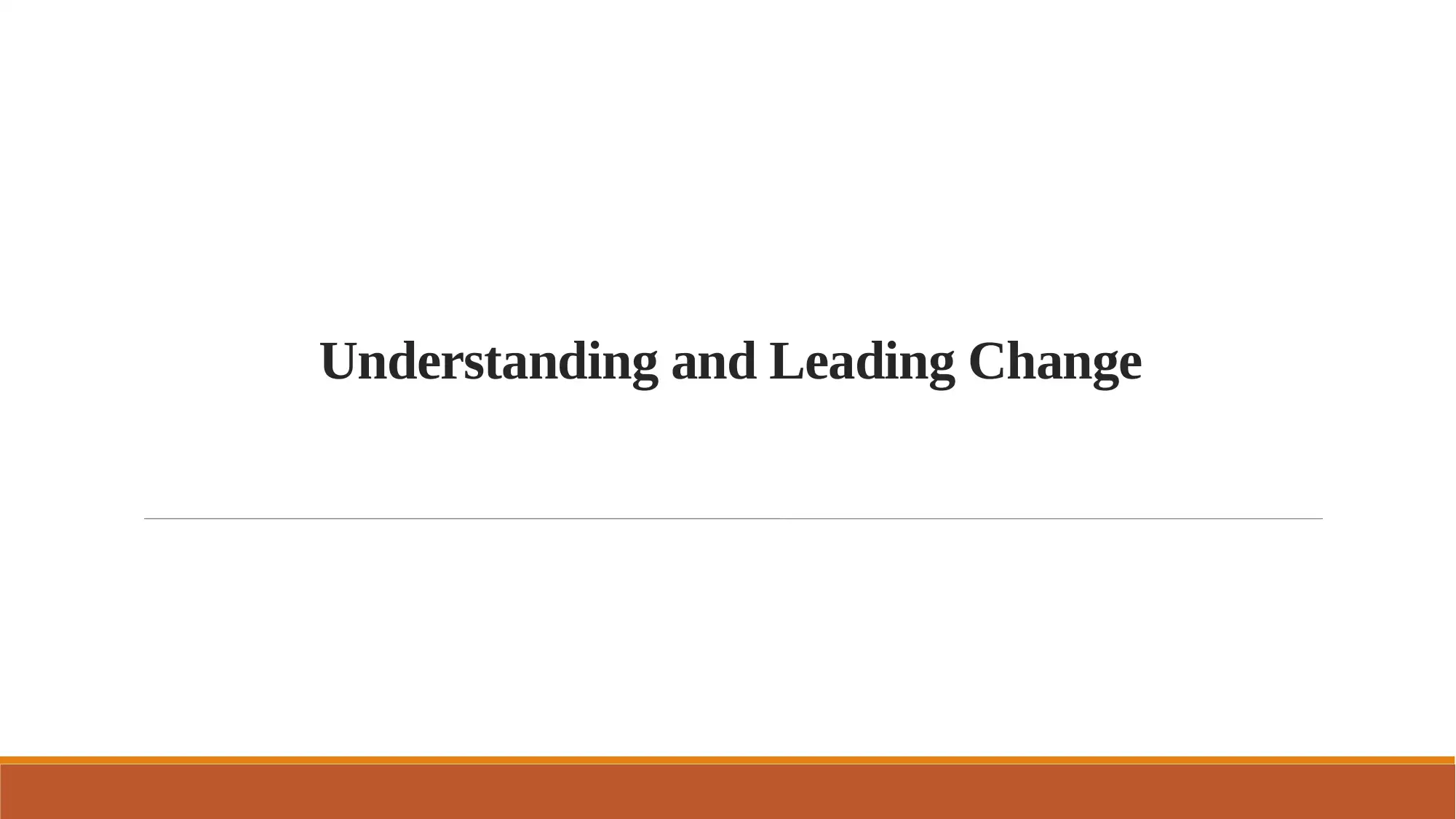
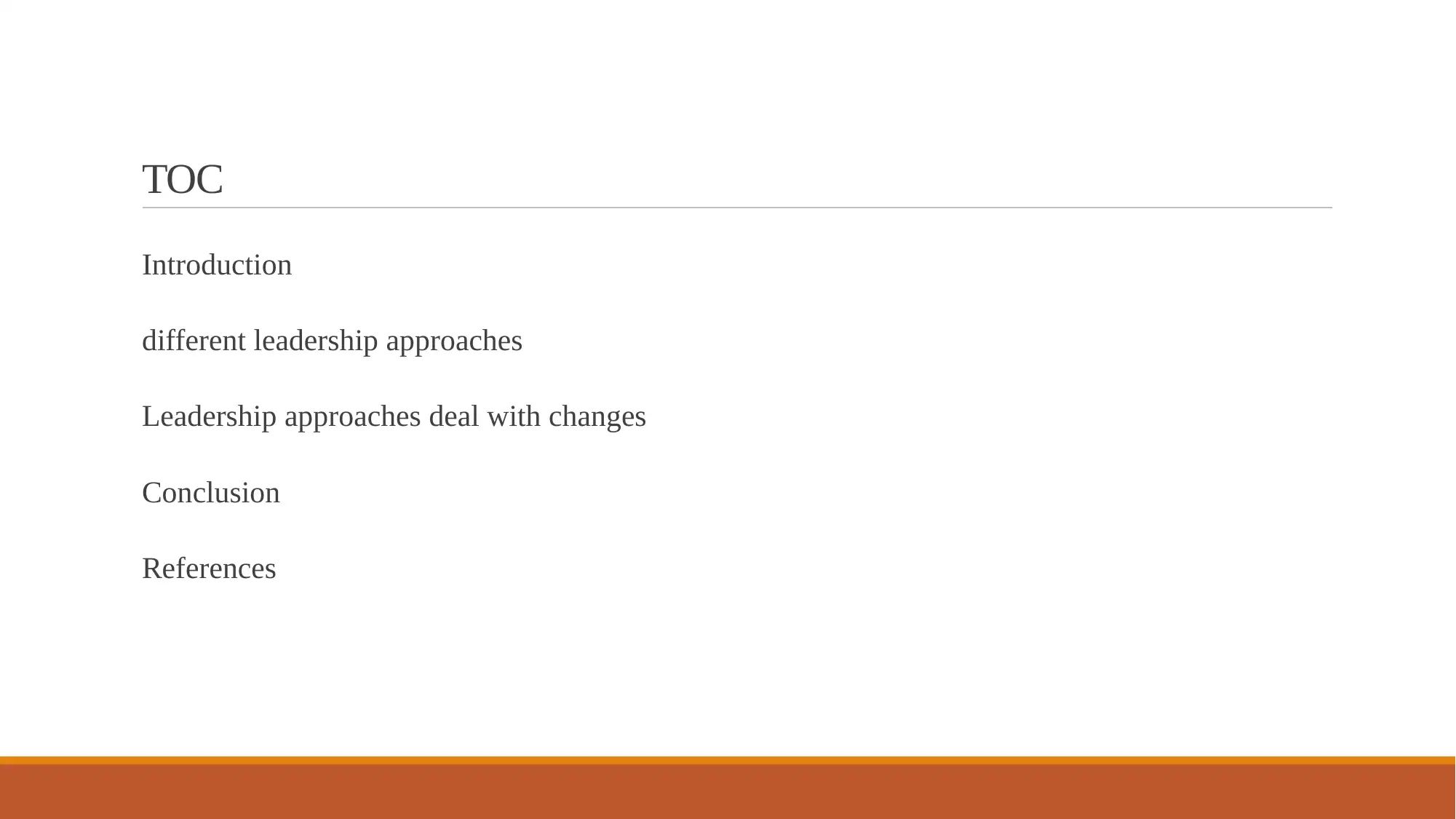
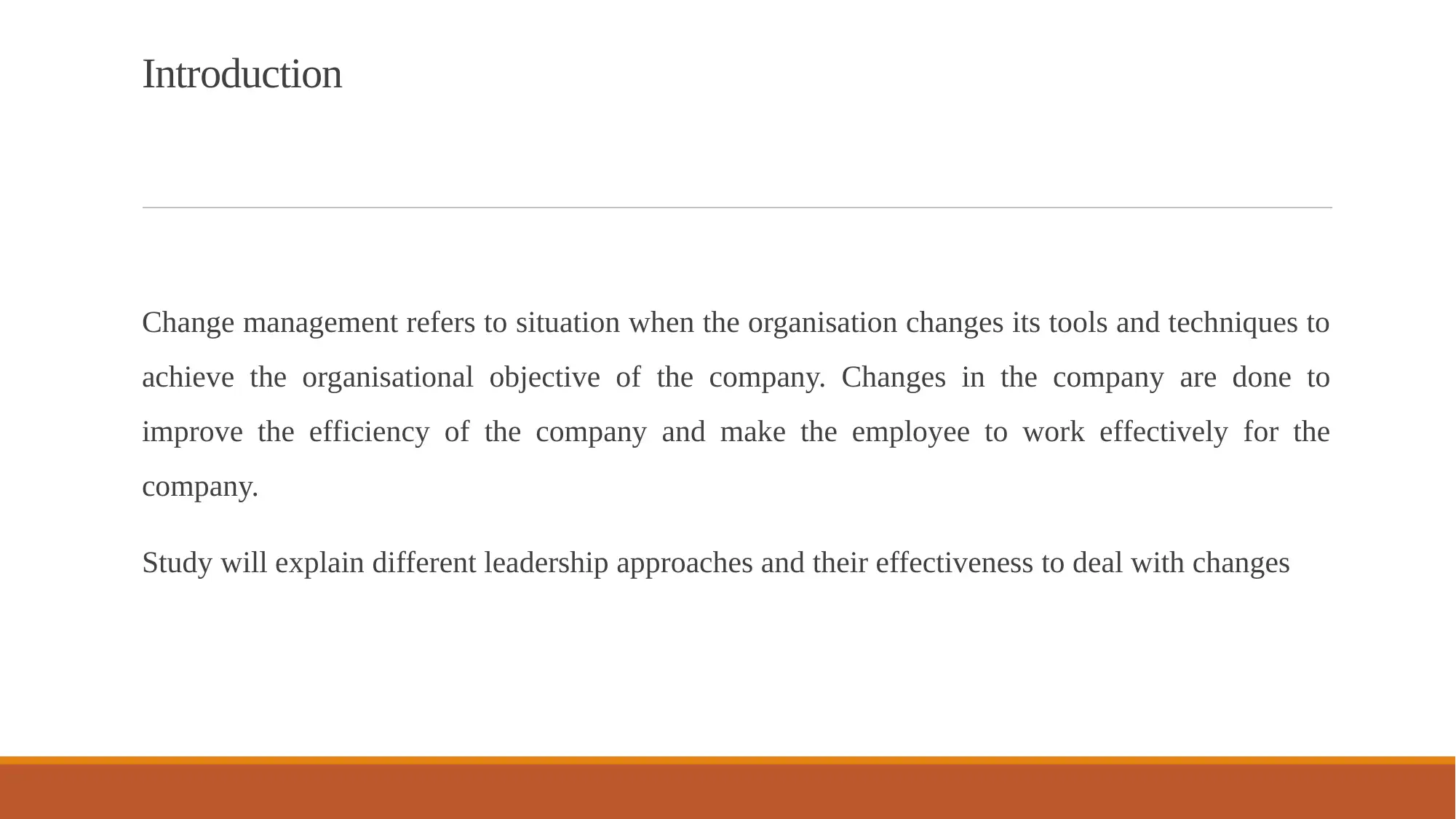

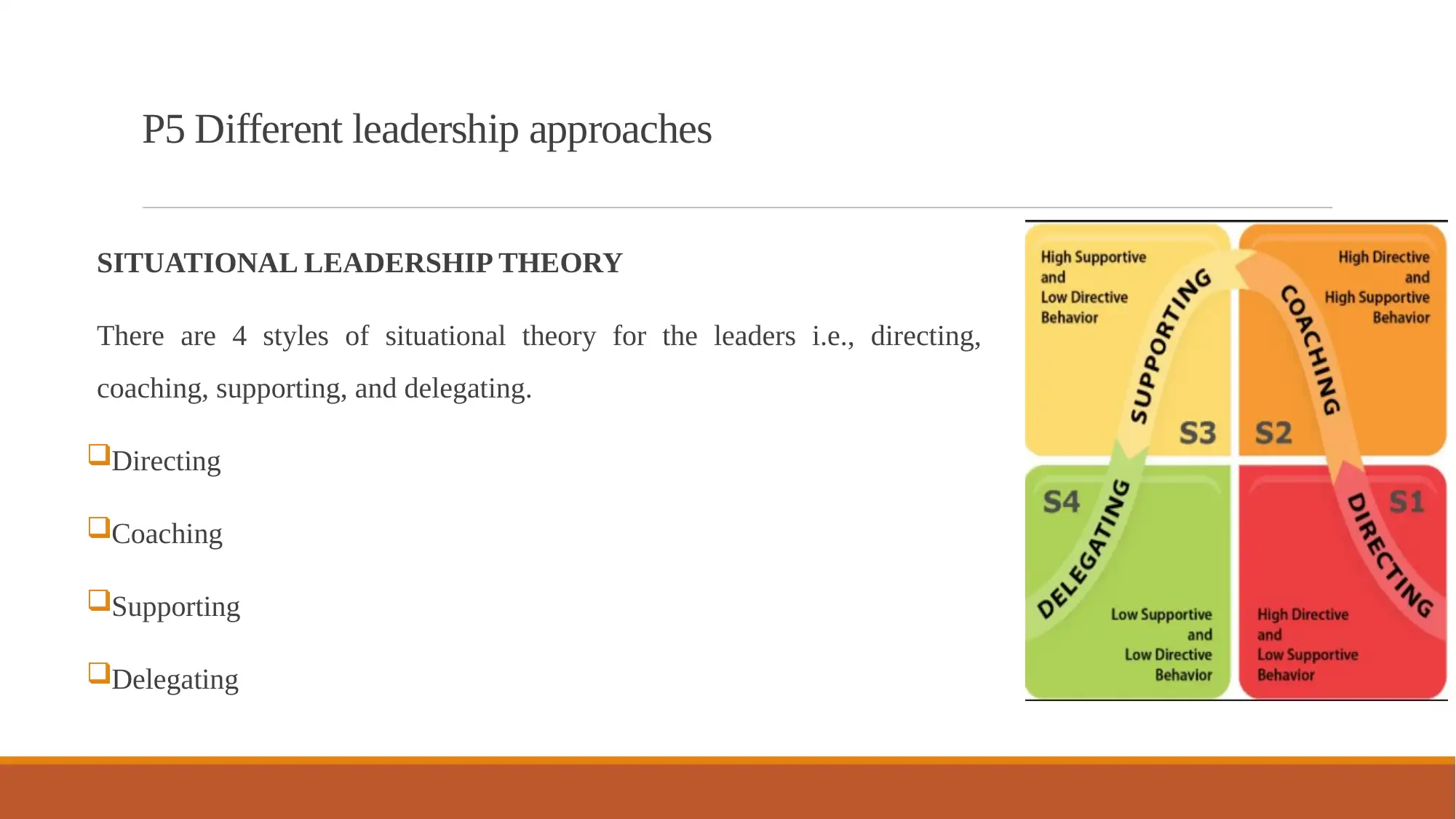
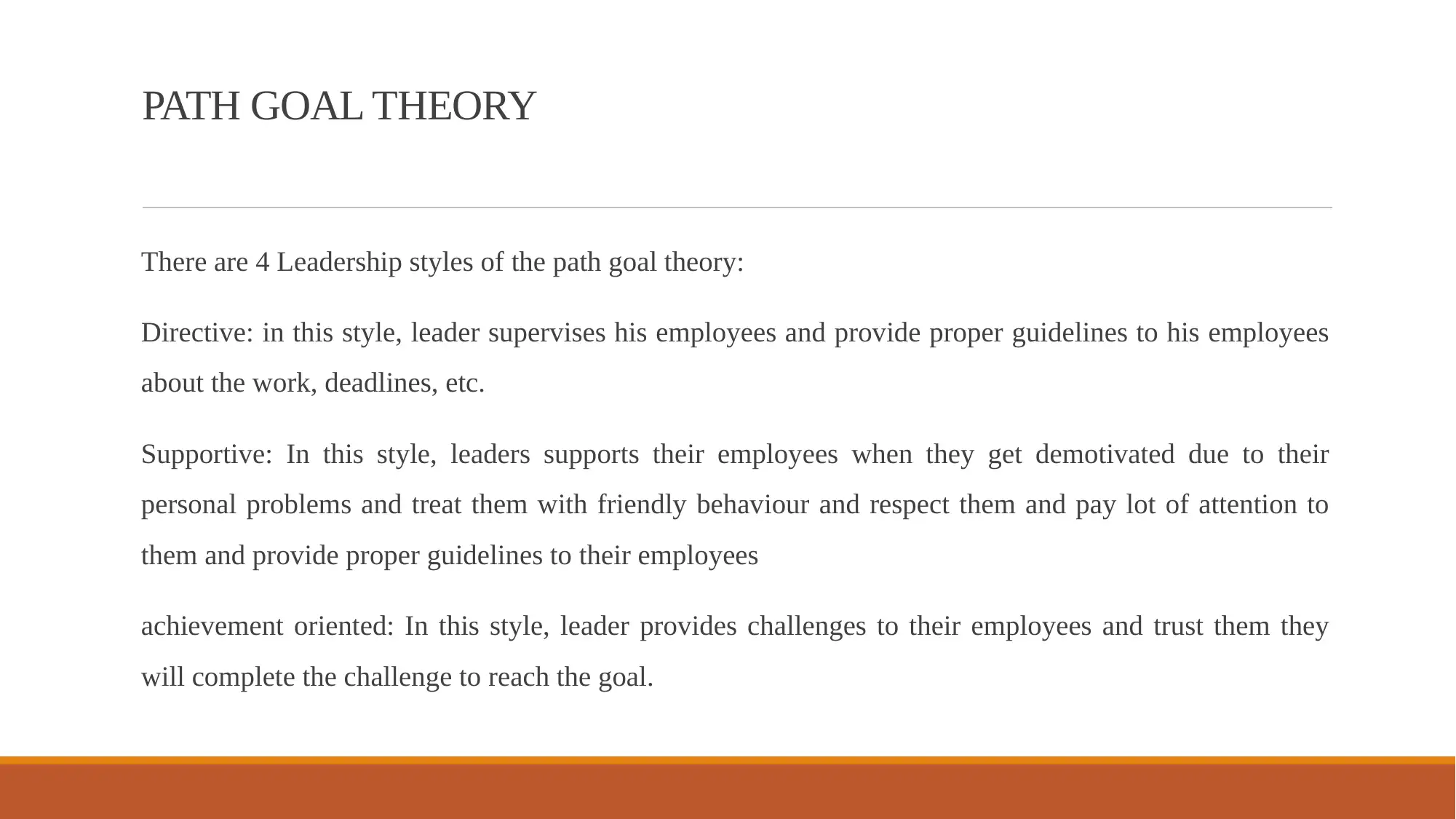
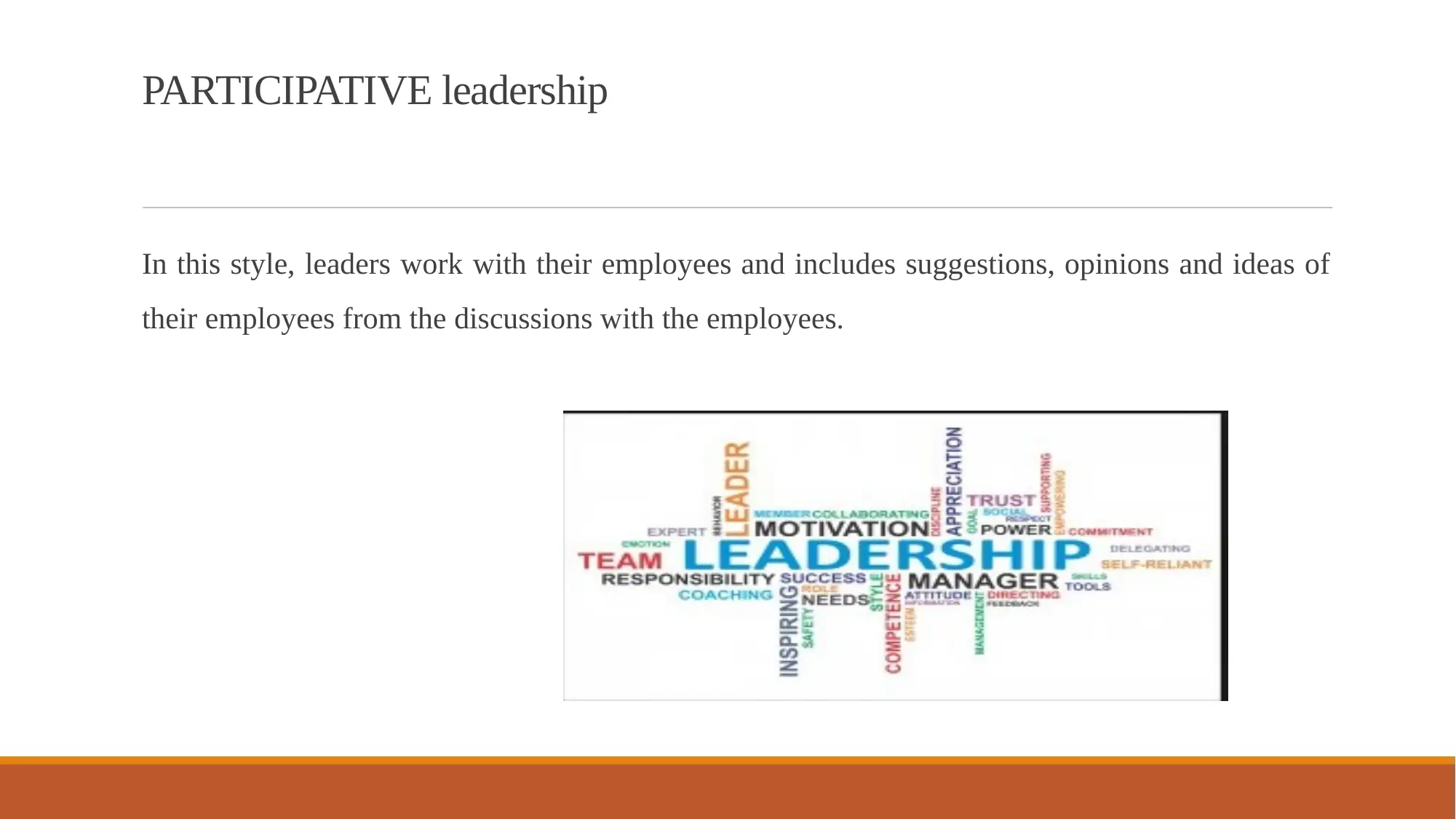
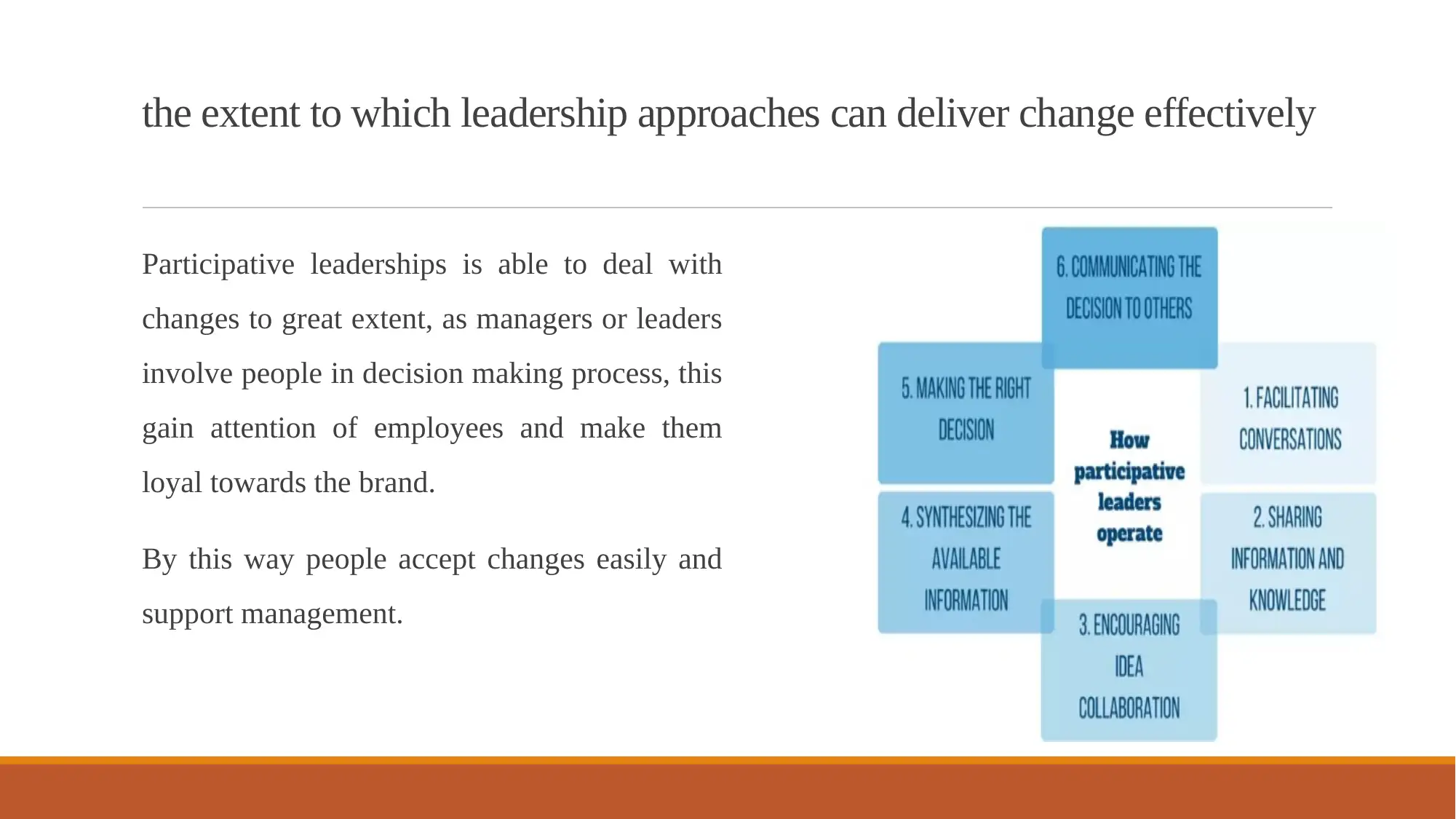
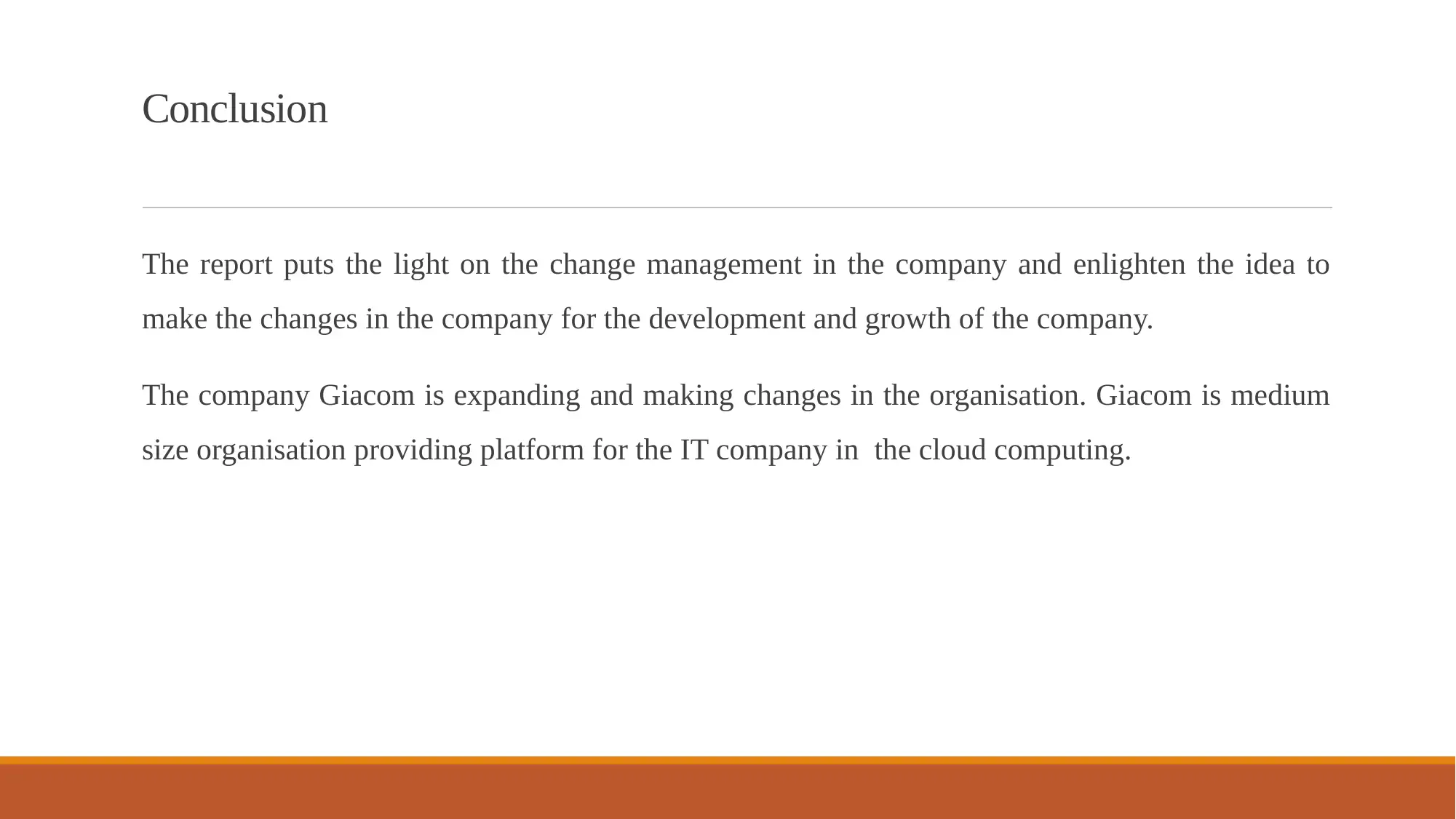
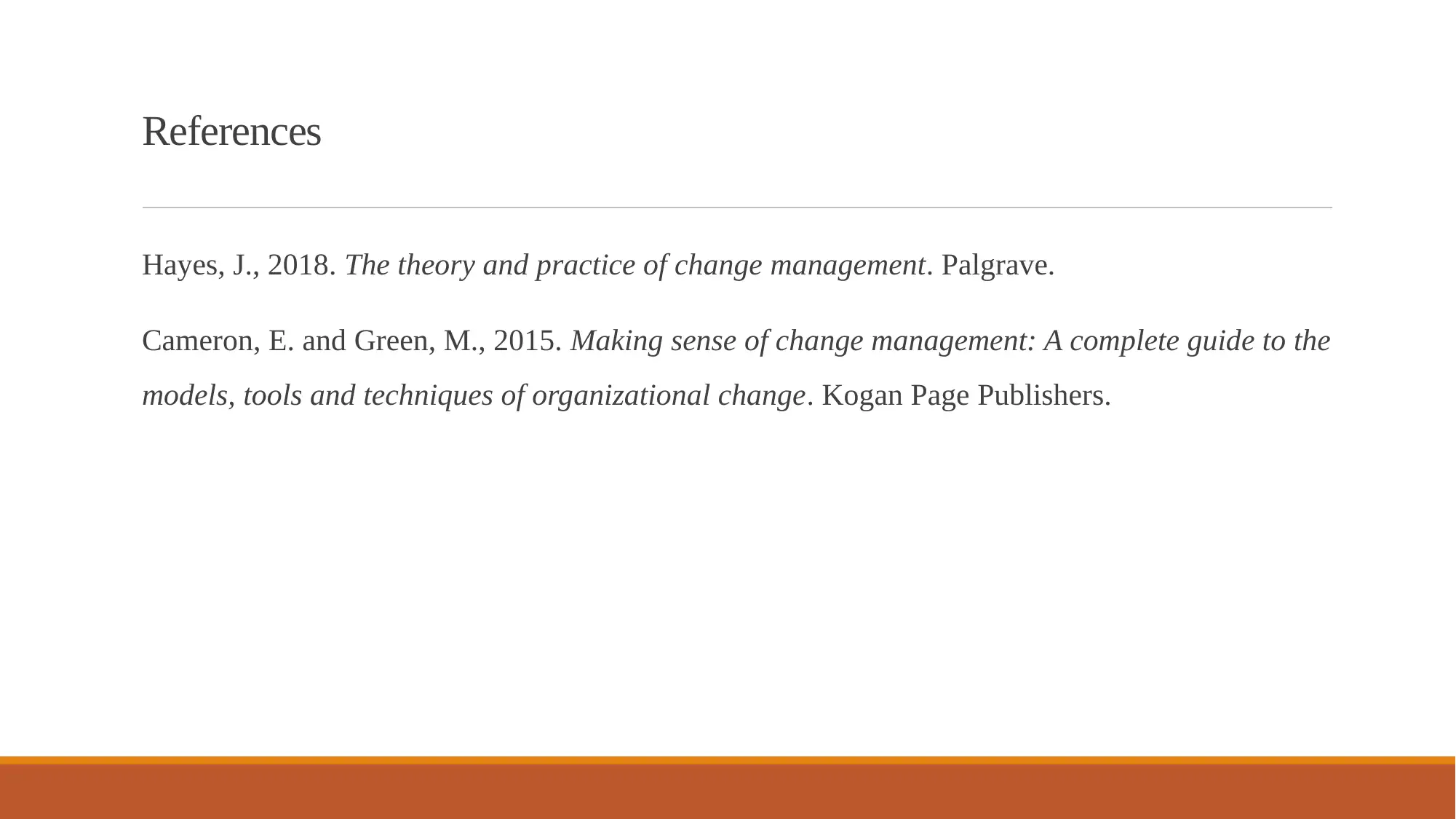







![[object Object]](/_next/static/media/star-bottom.7253800d.svg)